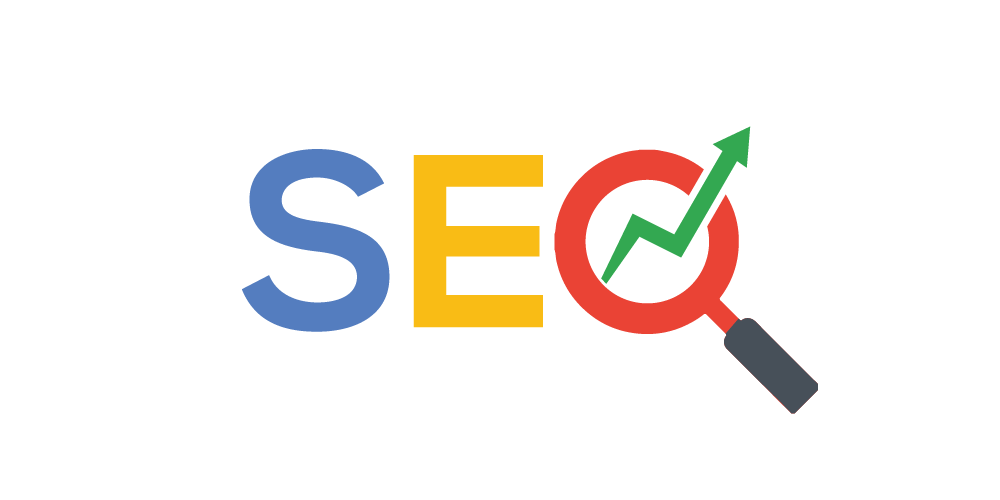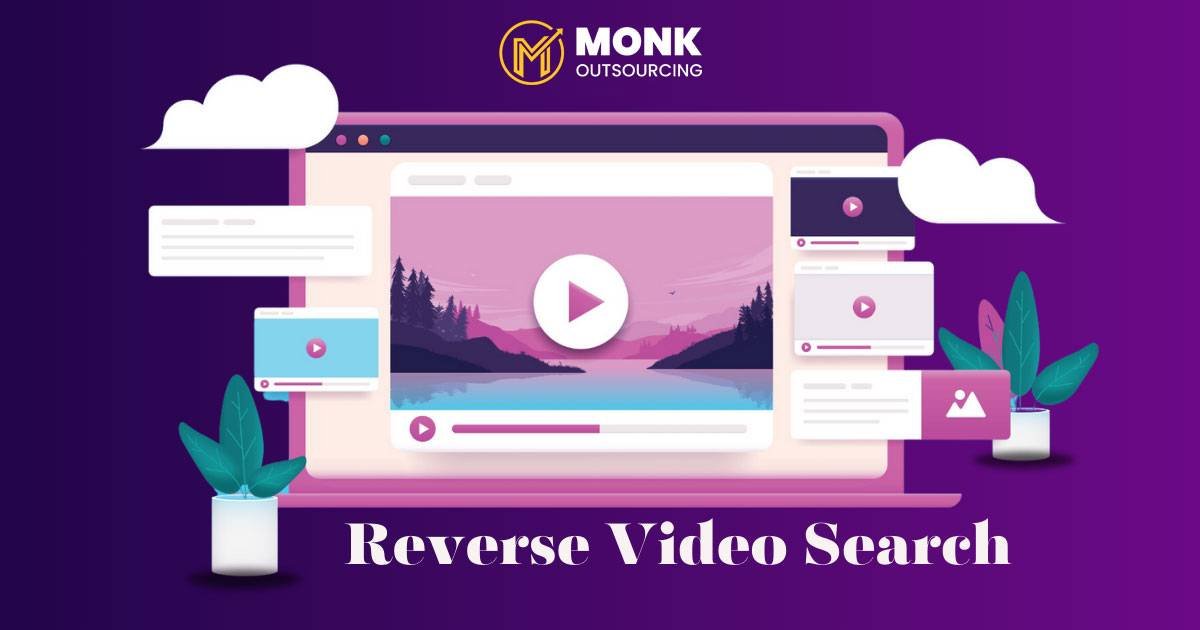In the competitive digital landscape of Dubai, businesses are increasingly recognizing the importance of search engine optimization (SEO) to enhance their online visibility. A vital aspect of SEO is on-page optimization, which involves optimizing individual web pages to rank higher and earn more relevant traffic from search engines. This article will delve into the key components of on-page optimization, providing a comprehensive guide for businesses looking to improve their online presence.
Understanding On-Page Optimization
On-page optimization refers to the strategies and techniques used to optimize individual web pages on a website. Unlike off-page SEO, which focuses on external factors such as backlinks and social media presence, on-page SEO Dubai deals with elements directly on the webpage. Effective on-page optimization ensures that search engines understand the content and context of the page, making it easier to rank for relevant keywords.
Why On-Page SEO Matters
On-page SEO is crucial for several reasons:
- Improves Visibility: Optimizing your web pages helps search engines index and rank your site better, increasing its visibility to potential customers.
- Enhances User Experience: A well-optimized webpage offers better navigation and user experience, leading to higher engagement rates and lower bounce rates.
- Increases Conversion Rates: By targeting relevant keywords and providing valuable content, on-page SEO can lead to higher conversion rates as users find what they are looking for more easily.
- Facilitates Content Marketing: Strong on-page optimization supports content marketing efforts, allowing businesses to rank higher for their targeted keywords and attract more organic traffic.
Key Elements of On-Page Optimization
To implement effective on-page optimization, consider the following key elements:
1. Keyword Research
Keyword research is the foundation of on-page SEO. It involves identifying the terms and phrases that potential customers are using to search for products or services related to your business.
Best Practices for Keyword Research:
- Focus on Long-Tail Keywords: These are more specific phrases that often have lower competition and higher conversion potential.
- Analyze Competitors: Look at the keywords your competitors are ranking for to identify gaps and opportunities.
- Consider User Intent: Understand the intent behind the search queries to create content that meets user expectations.
2. Title Tags
The title tag is one of the most important on-page SEO elements.
Best Practices for Title Tags:
- Keep it Under 60 Characters: This ensures that the entire title is visible in search engine results.
- Include Primary Keywords: Place the main keyword at the beginning of the title for better visibility.
- Make it Engaging: Craft compelling titles that encourage users to click on your link.
3. Meta Descriptions
Meta descriptions provide a brief summary of a webpage’s content. While they do not directly impact rankings, they influence click-through rates (CTR).
Best Practices for Meta Descriptions:
- Limit to 155 Characters: This keeps the description concise and ensures it fits in search results.
- Incorporate Keywords: Include relevant keywords to improve visibility in search results.
- Create a Call to Action: Encourage users to take action, such as “Learn more,” “Get started,” or “Find out how.”
4. Header Tags
Header tags (H1, H2, H3) help structure your content and make it easier for readers to navigate. They also provide search engines with information about the content hierarchy.
Best Practices for Header Tags:
- Use H1 for the Main Title: Each page should have one H1 tag that clearly indicates the main topic.
- Utilize H2 and H3 for Subheadings: Break content into sections using H2 for major points and H3 for sub-points.
- Include Keywords: Use relevant keywords in header tags to improve SEO.
5. Content Quality
High-quality content is essential for on-page optimization. It should be informative, engaging, and provide value to the reader.
Best Practices for Content Quality:
- Focus on Originality: Avoid duplicating content from other sites, as this can negatively impact rankings.
- Ensure Readability: Use short paragraphs, bullet points, and clear language to enhance readability.
- Include Visuals: Images, infographics, and videos can enrich content and improve user engagement.
6. Internal Linking
Internal linking refers to linking to other pages within your website. This not only helps users navigate your site but also distributes page authority across your domain.
Best Practices for Internal Linking:
- Use Descriptive Anchor Text: Ensure that the anchor text is relevant to the linked page’s content.
- Link to Relevant Content: Connect related pages to provide users with additional information and keep them on your site longer.
- Avoid Over-Linking: Too many internal links can confuse users; use them judiciously.
7. Image Optimization
Images enhance user experience but can also slow down page loading times if not optimized. Proper image optimization improves site speed and ensures search engines can understand the content of the images.
Best Practices for Image Optimization:
- Use Descriptive File Names: Name image files with relevant keywords instead of generic names.
- Implement Alt Text: Add alt text to describe the image, helping search engines index the content.
- Compress Images: Use tools like TinyPNG or ImageOptim to reduce image file sizes without compromising quality.
8. URL Structure
A clean and descriptive URL structure improves user experience and helps search engines understand the content of the page.
Best Practices for URL Structure:
- Keep it Short and Descriptive: Use concise URLs that reflect the content of the page.
- Include Keywords: Incorporate relevant keywords into the URL for better visibility.
- Use Hyphens to Separate Words: This improves readability for both users and search engines.
Choosing the Right SEO Agency in Dubai
To effectively implement on-page optimization strategies, many businesses in Dubai seek the expertise of an SEO agency Dubai. A professional agency can provide valuable insights, conduct thorough audits, and develop tailored strategies that align with your business goals.
Factors to Consider When Choosing an SEO Agency:
- Experience and Expertise: Look for an agency with a proven track record in SEO, particularly in your industry.
- Transparency: A reputable agency should provide clear reports on their strategies, progress, and results.
- Customized Solutions: Each business is unique, and an effective SEO agency will tailor their strategies to meet your specific needs.
- Client Testimonials: Reviews and case studies can provide insight into the agency’s capabilities and past successes.
Conclusion
On-page optimization is a critical component of a successful SEO strategy in Dubai. By focusing on elements such as keyword research, title tags, meta descriptions, content quality, and more, businesses can improve their online visibility and attract more relevant traffic. Collaborating with an experienced SEO agency Dubai can further enhance these efforts, ensuring that your website stands out in the competitive digital landscape. Implement these strategies to optimize your web pages effectively and reap the rewards of improved search engine rankings and user engagement.



